Custom Barrel Profiling
Changing Toasting Profiles to Customize Barrels for Rodney Strong Vineyards’ Pinot Noir ProgramObjective
Synopsis
This experiment includes six barrel profiles. One was the competitor’s barrel product and another was a World Cooperage special profile created for Rodney Strong Pinot noir. The others were existing World Cooperage barrels, including one special profile that had recently been created for another program.
Rodney Strong winemakers like the attributes of a competitor’s barrel in their Pinot noir program. This experiment could have been one of emulating the competitor’s barrel; it was not, it went one stage further.
Figure 1 shows a sensory profile of the competitor’s barrel as it presents itself when used for the Rodney Strong Pinot noir and it also shows a slightly different profile. This was the sensory description of the winemaker’s preferred barrel. It is slightly different from the competitor’s barrel in that it imparts a little more spice, a little more vanillin, less tannin, and a little less toastiness.
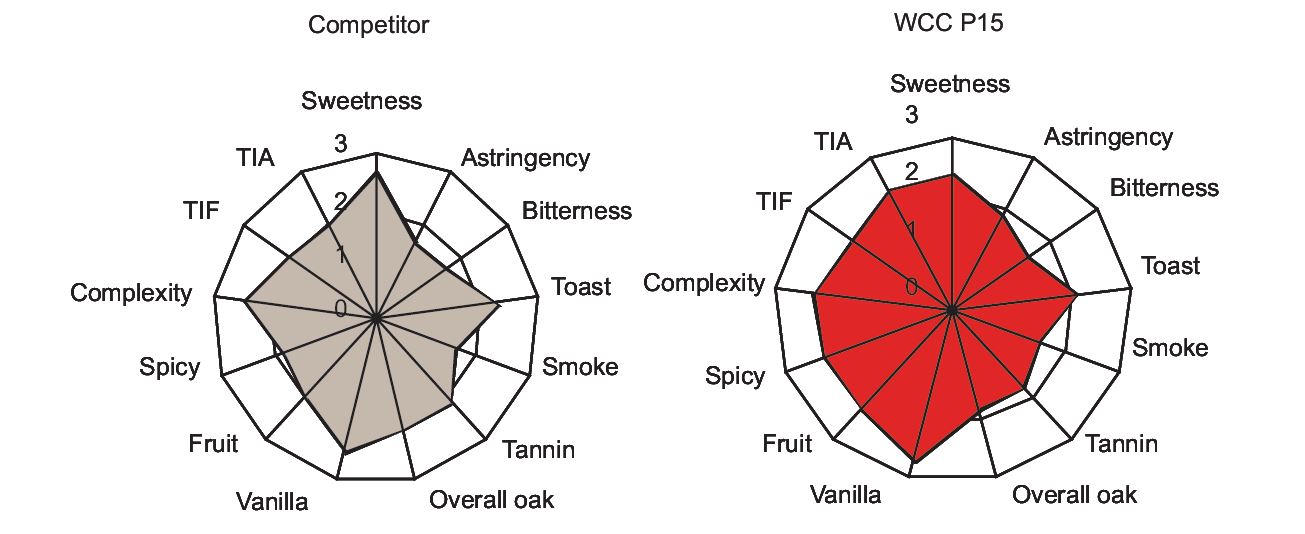
The Wine
Producer: Rodney Strong Vineyards
Year: 2003
Variety: Pinot noir
Vineyard: Janes Vineyard
Crush Date: September 17, 2003
Harvest Data
- TA: 0.741 g/100 mL tartaric acid
- Brix: 26.5
- pH: 3.36
- Prior to fermenting added: Approximately 30 ppm SO2 as Potassium
Metabisulfite, 1oz/ton Color Pro enzyme - Days of fermentation: 7
- Fermented with: RC 212 yeast
- During fermentation added: 2 lbs. Superfood, 3 lbs. DAP and 8.345 lbs. tartaric acid/1000 gal
- End of fermentation added: n/a
- Barrel Preparation: 5-to-10 gal. Cold water to rinse. Stand on each head for 4-5 hours.
Drain and rinse with hot water for 1 min.
Wine Analysis as of March 31, 2004
- Alcohol: 14.26% volume
- TA: 0.57 g/100 mL tartaric acid
- Volatile Acidity: 0.040 g/100mL acetic acid
- Free Sulfur Dioxide: 21 mg/L SO2
- Total Sulfur Dioxide: 43 mg/L SO2
- pH: 3.53
- Residual Sugar: 0.03
Oak Data
| Source | French oak |
| Wood Age: | 24 months |
| Toast Level: | Heavy |
| Bending Technique: | Fire |
| Size | 65 gallons |
Trial Execution
| Sample Size: | 4 barrel replicates of each variable |
| Oak Contact Time: | 6 months and 7 days |
| First Fill: | October 20, 2003 |
| Bottling Date: | April 27, 2004 |
The Trial
WCC P3
WCC P15
Competitor’s barrel
T.W. Boswell Legacy with Hickory toast
T.W. Boswell Legacy
T.W. Boswell Côte d’Or
Results and Discussion
Sensory Analysis
Table 1 shows the analysis of wines from these barrels. Results are in mgL-1 (parts per million) in
the wine on an ‘as-is’ basis.
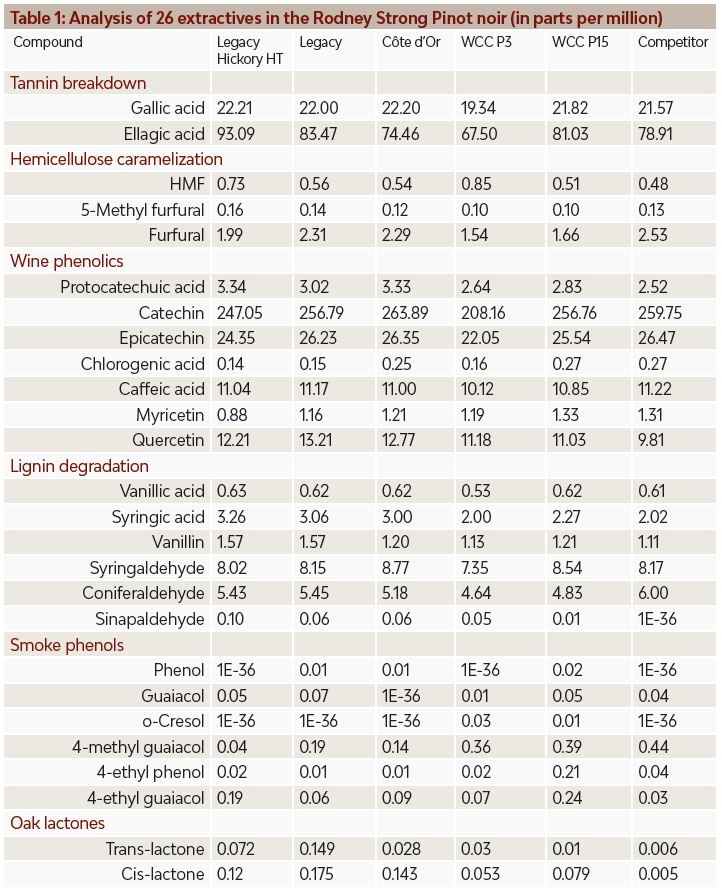
Figure 2 shows a 3-D overview of the data evaluation.
Figure 2. Overview (principal components analysis) of the analysis of the six Pinot noir wines
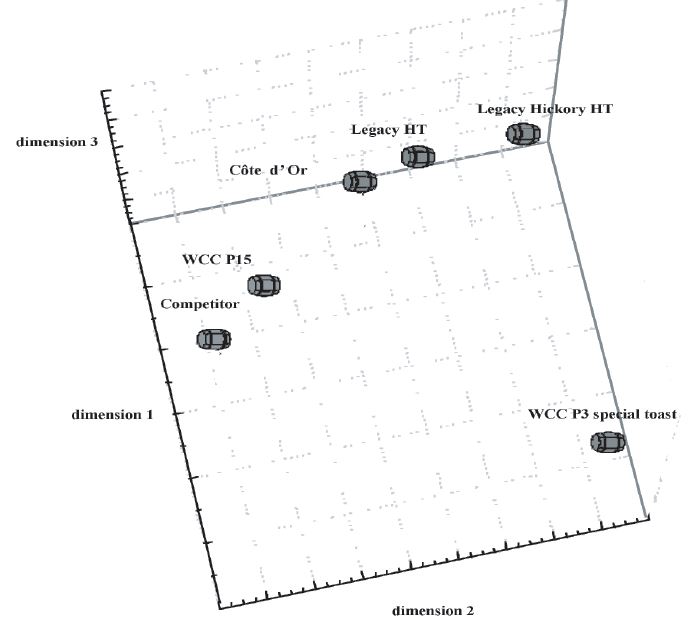
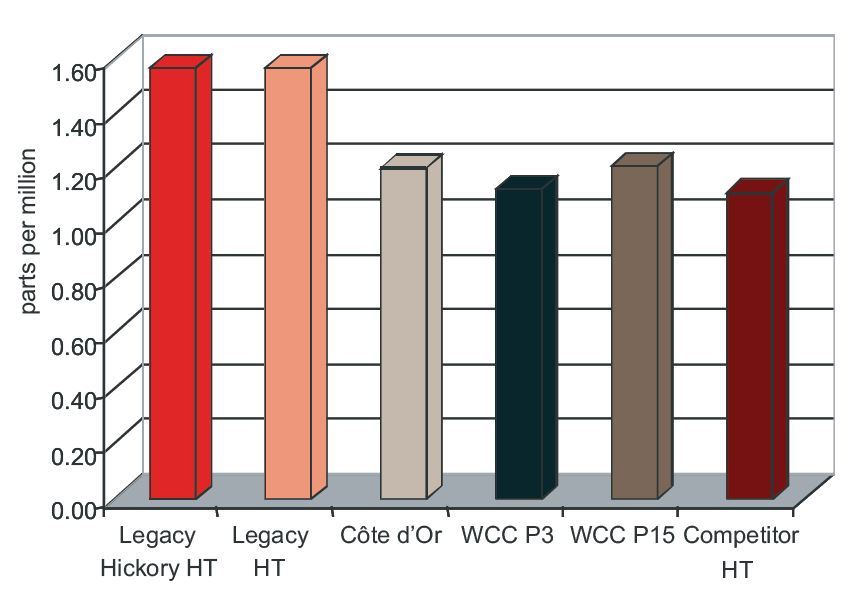
Figure 3. Vanillin in the Pinot noir wines from the various barrels (in parts per million)
Figure 3 shows that the new special toast imparted a little more vanillin to the wine than the competitor’s barrel, although both were lower than the Legacy barrels.
In Figure 4 the desired small reduction in toastiness is shown.
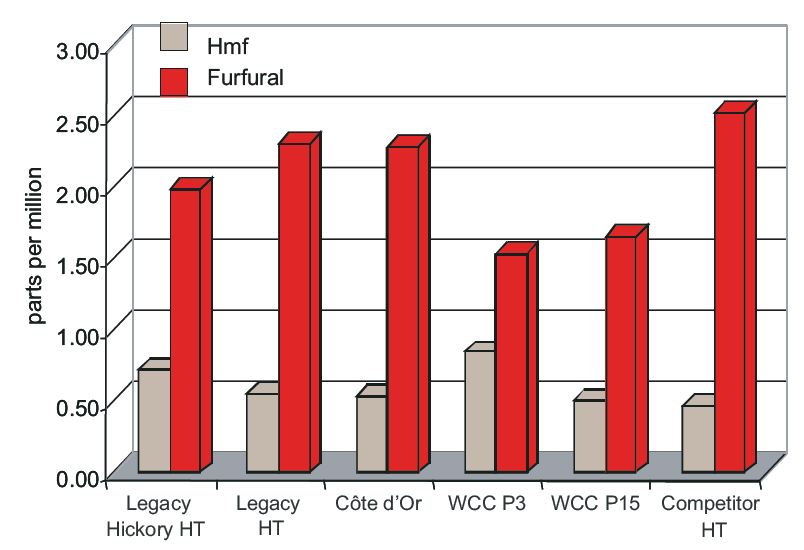
Figure 4. Hmf and furfural in the Pinot noir wines from the various barrels (in parts per million)
The levels of 4-methyl guaiacol (spice) are shown in Figure 5.
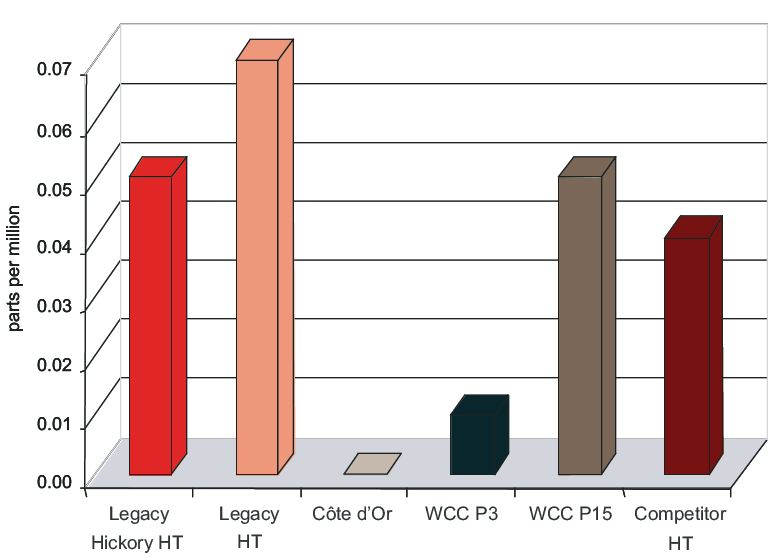
Figure 5. 4-methyl furfural in the Pinot noir wines from the various barrels (in parts per million)
Figure 6 shows a slightly elevated level of ellagic acid, indicating a little more tannin breakdown in the special toast barrel. However, this conclusion requires a similar amount of tannin in the oak used by World Cooperage as in the competitor’s stave wood.
Figure 6. Ellagic acid in the Pinot noir wines from the various barrels (in parts per million)
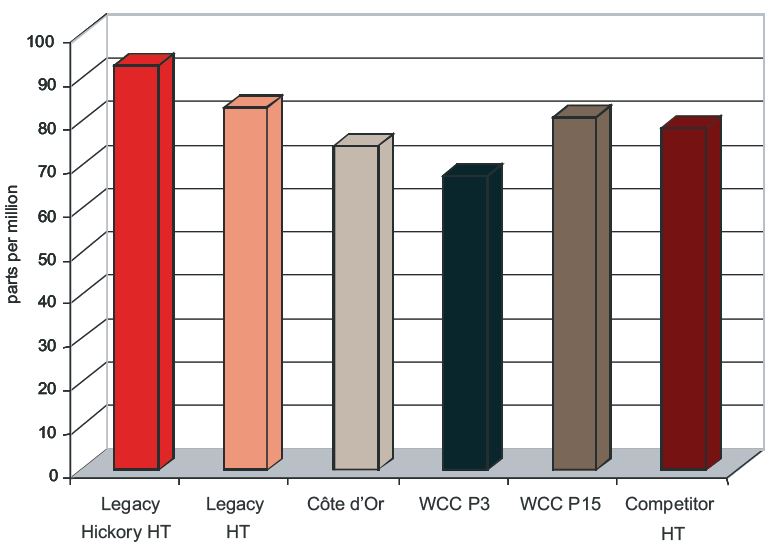
Conclusion
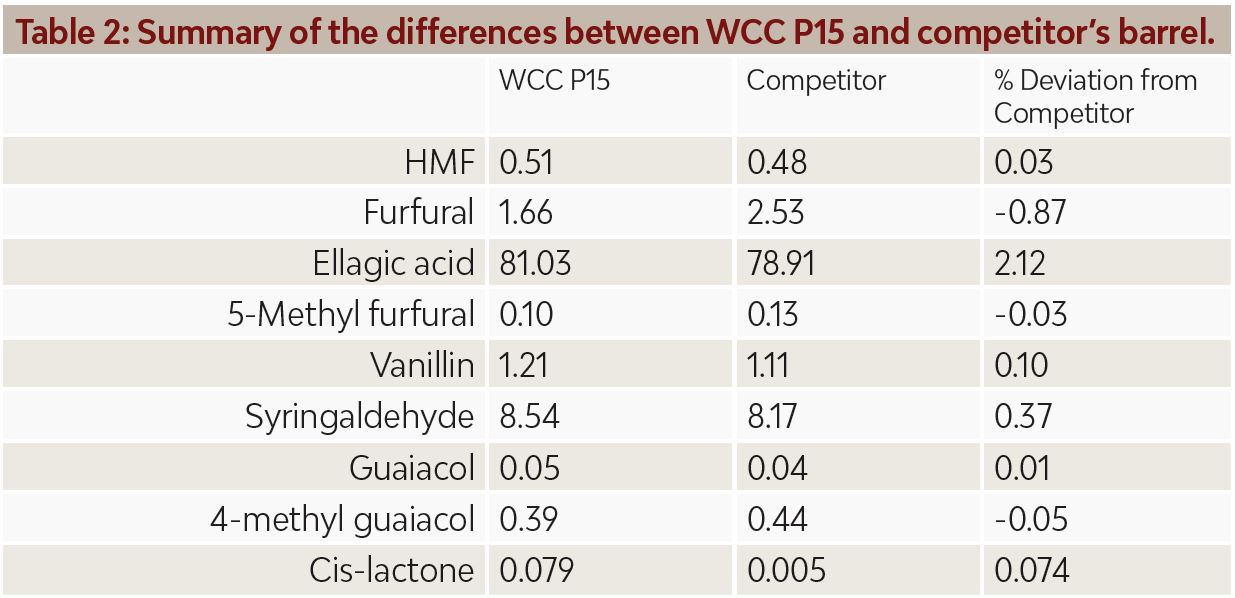
Tasting Results
| Preferences | Total | ||
|---|---|---|---|
| 1st Choice | % | Count | |
| Competitor’s Barrel | 16% | 12 | 77 |
| World Cooperage P3 | 17% | 13 | 77 |
| World Cooperage P15 | 21% | 16 | 77 |
| T.W. Boswell Côte d’Or | 14% | 11 | 77 |
| T.W. Boswell Legacy | 16% | 12 | 77 |
| T.W. Boswell Legacy Hickory | 17% | 13 | 77 |
| Preferences | Total | ||
|---|---|---|---|
| 2nd Choice | % | Count | |
| Competitor’s Barrel | 14% | 11 | 80 |
| World Cooperage P3 | 19% | 15 | 80 |
| World Cooperage P15 | 18% | 14 | 80 |
| T.W. Boswell Côte d’Or | 19% | 15 | 80 |
| T.W. Boswell Legacy | 13% | 10 | 80 |
| T.W. Boswell Legacy Hickory | 19% | 15 | 80 |
| Preferences | Total | ||
|---|---|---|---|
| Last Choice | % | Count | |
| Competitor’s Barrel | 20% | 16 | 80 |
| World Cooperage P3 | 16% | 13 | 80 |
| World Cooperage P15 | 10% | 8 | 80 |
| T.W. Boswell Côte d’Or | 19% | 15 | 80 |
| T.W. Boswell Legacy | 16% | 13 | 80 |
| T.W. Boswell Legacy Hickory | 19% | 15 | 80 |
